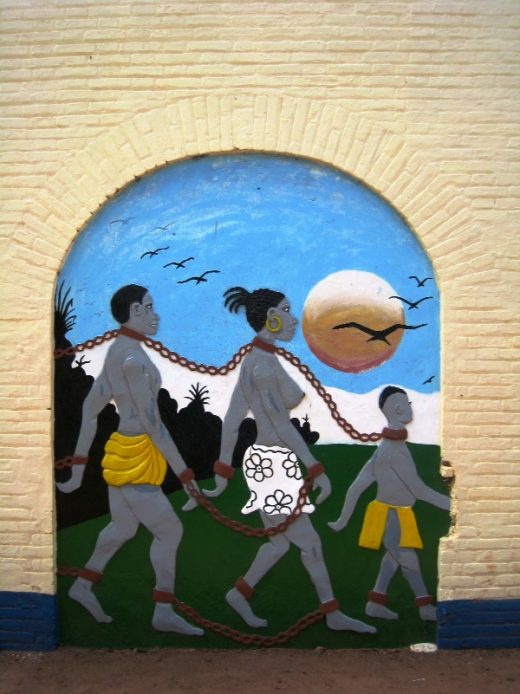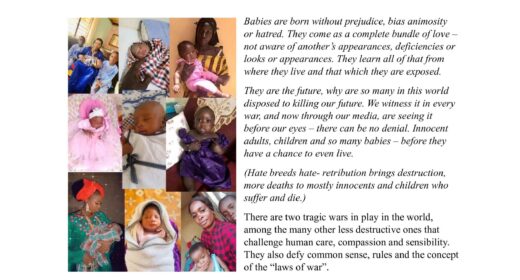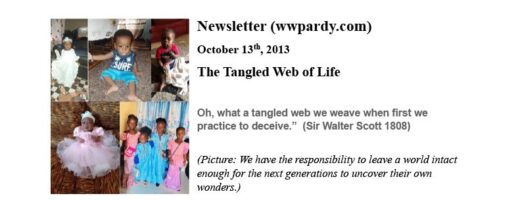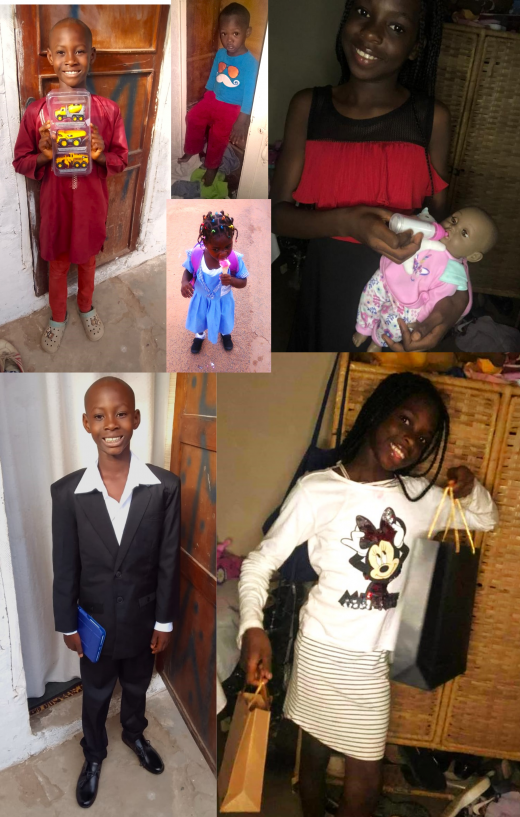
In January, high in the Swiss Alps in the town of Davos, a meeting was held to discuss the state of the world. Attending were the elites of business, governments, academia and civil society, along with various high-profile celebrities.
The people, most at risk in the world were not invited, nor could they afford the costs of attending the forum.
Even these elites could not conceptualize what to do with the precarious state of the world and the plight of the poor. Yet, staring them in the face is the real issue; the fact that 62 people own 50% of the fiscal wealth of the world and have the power to control most of the governments.
Many governments around the world, including those of Britain, Canada and Newfoundland and Labrador have launched consultation processes or referendums to ascertain what it is that should be done.
The government of Canada launched its first agenda with the message that “Canada is Back” and initiated a pre-budget process for submissions entitled “Growing our Economy Together” with online town halls named “Your Money Matters”. The newly-elected Newfoundland and Labrador government launched its own consultation process called “Our Fiscal Future-Starting the Conversation”.
Apparently, at both the provincial and federal levels of government in Canada, there is not much money left.
While these processes may be relevant to the fiscal disarray and economic turmoil of our governments, they are irrelevant, if we fall back on the flawed policies and inept approaches that have strangled the development of countries in most of the world.
These are policies and programs that have favoured the “big and powerful” at the expense of small and local. They affect all aspects of society, economic, social and governance. They are now so skewed in support of the very wealthy that our entire system is completely out of equilibrium.
Economic benefits that were supposed to “trickle down” were, in fact, siphoned upwards; corporate welfare became the norm, while social welfare was denigrated and diminished.
Ordinary people are once again being called upon to help solve the mysteries of economic and social decline in a world in disarray. But these are “mysteries” that won’t be solved by dialogue or discussion.
What is needed is governance that creates a brave new world, in which the so-called common people, the backbone of any society, are important.
This world would have all the people meaningfully engaged in every aspect of governance and development. Such a world would ensure a society, in which, people are provided clear and complete information so that policies and shared power would facilitate the development of programs and priorities that enable everyone to make meaningful contributions to their communities, regions and countries.
There have been many periods of history, when local people-power has been successful in successful in righting the wrongs of authoritarian governments and managing transitions that reshaped economic and social norms, often at great costs to themselves.
In Canada, such local action is happening now, as ad-hoc groups lead the way in sponsoring and supporting refugee families from troubled areas.
They are doing this by themselves, with the sheer dint of their own determination to make life better for some. Most are doing it without the programs, support or benefits available to large social and charitable organizations, many of which have enough wealth and power to actively lobby governments and to have made the trip to Davos.
How much easier would it be for small local groups, if they were backed by similar supportive policies, given access to assistance and the benefit of charitable status to offer donors tax exemptions?
People give their time, effort and money without any thought of compensation or reward. Why are they not given the same tools and programs available to the big institutional charities and corporations?
Governments should be taking steps to enact policies and programs that support and empower people. They would then be able to actively pursue the opportunities for social and economic development they see in their communities to help re-engage the disenfranchised as contributing members of society.
It is quite evident that the rich, powerful and entitled are focused on themselves and their own preservation, whereas it is the ordinary people, even the most poor, who have consideration for others.
There is no evident shortage of ideas or willingness. What is lacking is governance and policies that increase people’ power and their ability to effect change. People need to be controlled less and facilitated more in order for society to come back to some semblance of balance.
Written by Bill Pardy
January 30th, 2016


